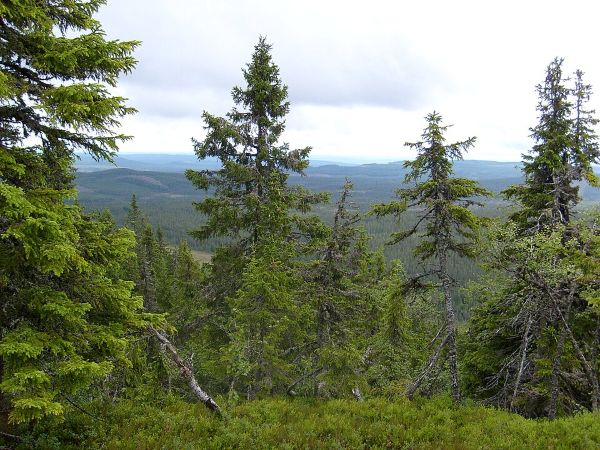Sweden and Finland appeal to the European Union over meeting CO2 quotas as their wood industry copes with increasing demand, and lowering production could impact their economies.
Both countries said that they are set to miss the EU’s Land Use, Land-Use Change and Forestry (LULUCF) targets for both the years 2021-2025 and 2026-30, blaming climate change for slower tree growth and a rise in demand following Russia’s invasion of Ukraine.
Keeping forests intact and increasing tree cover are considered major ways to mitigate climate change and reduce CO2 emissions. For this reason, the EU put forestation as one of the key tenets to reach its ambitious target of net-zero emissions by 2050.
However, to reach that target, the EU is demanding an increase in CO2 uptake of around 4 million tonnes annually by 2030 for Sweden and 3 million tonnes for Finland, meaning more trees will be planted and not harvested. Both Nordic countries told the European Commission that the targets are unrealistic.
Swedish Prime Minister Ulf Kristersson took to X to publish a public letter of complaint towards European Commission President Ursula von der Leyen. The letter was also approved by Finnish Prime Minister Petteri Orpo. In the letter, Kristersson called the current LULUCF programme a “major problem” and urged a revision to avoid “unreasonable and unjustified restrictions on Swedish forestry.”
Wood products are an important export for both countries, making up 10% of Sweden’s exports and around 20% of Finland’s. The sector employs more than 200,000 people in the two countries, and according to Kristersson, unless there is some revision, the reduced logging quotas will “entail dire consequences for our economies as well as labour markets.”

